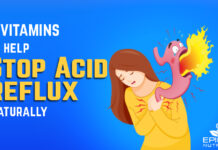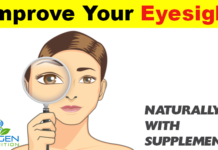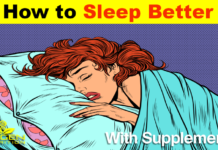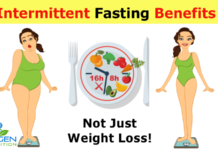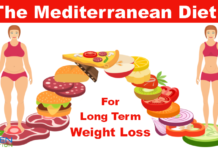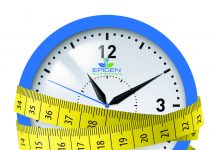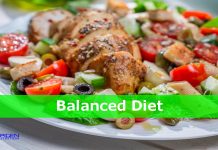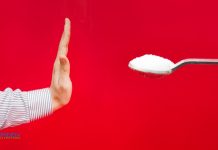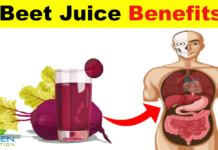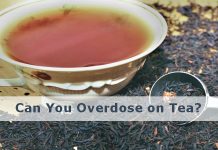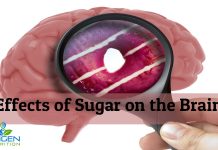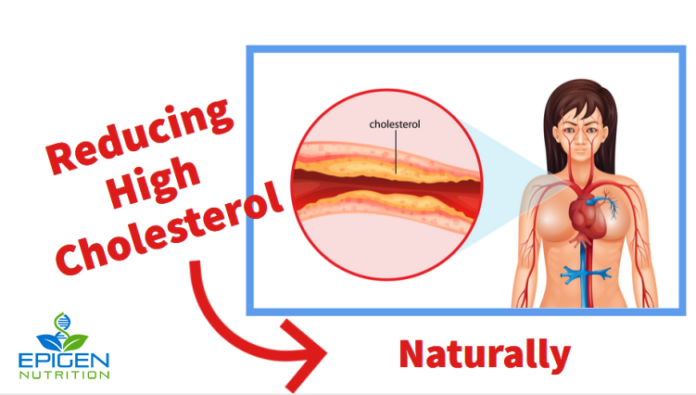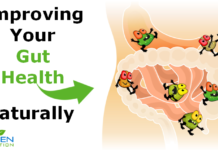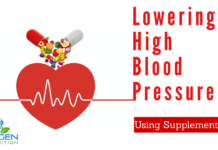In many parts of the world today, having high cholesterol seems to be a common health problem.
And it’s unfortunate that this condition does not show any visible symptoms.
So without having a test, there is no way to tell if you have high cholesterol levels or not.
Having high cholesterol is potentially harmful to our cardiovascular system, as it can clog our arteries, which increases our risk of heart attack and stroke.
Therefore we need our cholesterol levels to be in a healthy range.
What is Cholesterol?
Cholesterol is a waxy fat like substance that our body needs for functions such as building cells, producing hormones and making vitamins.
Unnaturally high levels of LDL cholesterol and triglycerides can cause problems.
We’ve got to have enough good HDL cholesterol to keep the bad cholesterol in check.
There are a number of risk factors that can increase our cholesterol levels, such as diet, lifestyle, gender, and age.
For example, a poor diet comprising of highly processed fatty foods and a sedentary lifestyle would make us more prone to developing high cholesterol levels, leading to heart disease.
Therefore, making improvements to your diet and lifestyle is a great place to start.
You also have the option of taking cholesterol lowering supplements to help reduce the levels.
How to Reduce Cholesterol Naturally | Using Supplements
Here are 5 supplements that are known to help reduce high cholesterol:
Soluble Fiber
Soluble fiber is an effective supplement in lowering cholesterol levels.
It works by extracting the bad cholesterol from the body before it is absorbed within the digestive tract.
Imagine it as flushing out your system!
Taking about five to ten grams of fiber a day can start to bring down your LDL levels.
Psyllium is one type of soluble fiber and is known to be an excellent source for people with high cholesterol levels.
You can get it in either pill form, or powder to be mixed into food and drinks.
Although fiber can found in many foods such as whole wheat, fruits, and vegetables, the majority of people are still not getting enough fiber in their diet.
Therefore, supplementing with soluble fiber can help.
As well as improving cholesterol levels, soluble fiber can also support a healthy digestive system and aid in preventing a lot of gut health problems.
Niacin
Niacin or vitamin B3 is an essential vitamin that helps the body function optimally.
It has a number of functions which include, helping to keep your digestive system, nervous system, and even your skin healthy.
It can also be taken to help lower high blood pressure and high cholesterol.
It assists in lowering the bad LDL cholesterol while helping to increase the good HDL levels.
Niacin is also effective in lowering triglycerides, which is another fat found in the blood.
It doesn’t just come in a supplement form either.
Niacin is also found in many different foods such as tuna, turkey, chicken liver, green vegetables, eggs, and peanuts.
Flaxseed
Flaxseed is becoming more popular among the health conscious crowd, and for a good reason.
Flaxseed has quite a few health benefits in its various forms, including improving cholesterol levels by reducing the bad one.
It can also help to lower high blood pressure levels, decreasing the risk of developing heart disease.
Phytosterols
Phytosterols are stanols and sterols which are derived from plant cells.
This waxy substance can block the intestines from absorbing surplus cholesterol, thereby lowering LDL cholesterol levels.
Phytosterols don’t have any actual effect on triglyceride levels or HDL cholesterol.
They can be found in plant foods, but not in great amounts, which is why taking a supplement may be beneficial.
Phytostanol and Phytosterol supplements should also be taken with meals that contains fat.
Berberine
Berberine is a compound that is derived from different plants and has been used for many years in traditional Chinese medicine.
It has a number of health benefits some of which include, lowering cholesterol levels, reducing high blood sugar levels, and improving heart health.
It can assist in reducing LDL cholesterol levels and triglycerides while increasing good HDL levels.
Taking supplements to help with lowering cholesterol levels is just one way to regulate our unhealthy cholesterol.
But, they shouldn’t be used as a substitute for healthy dietary and lifestyle changes.
If you are considering taking any supplements to manage your cholesterol, please check with your doctor first, especially if you are taking any statin medication.







